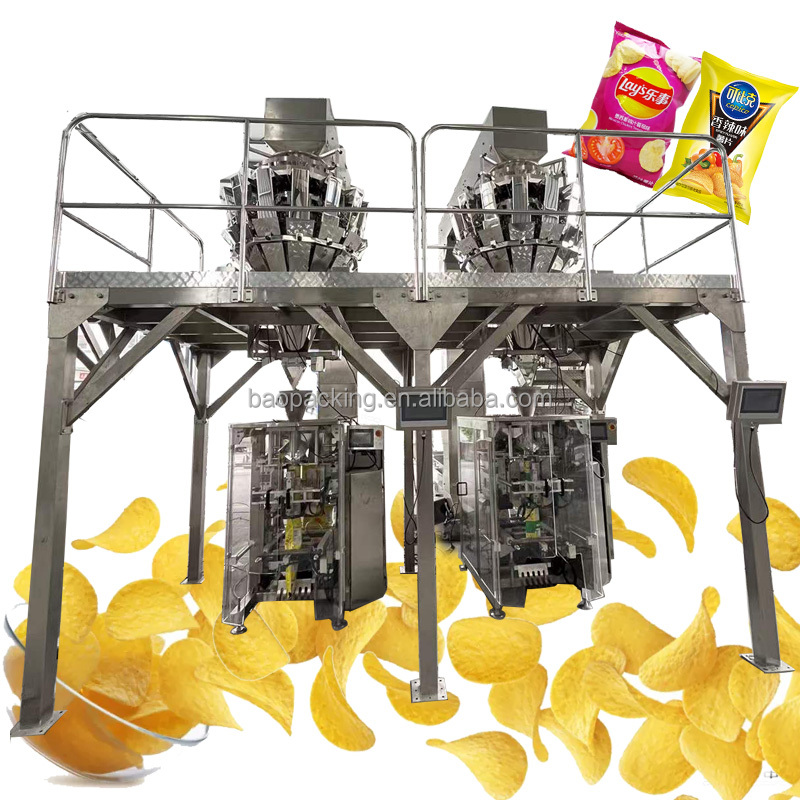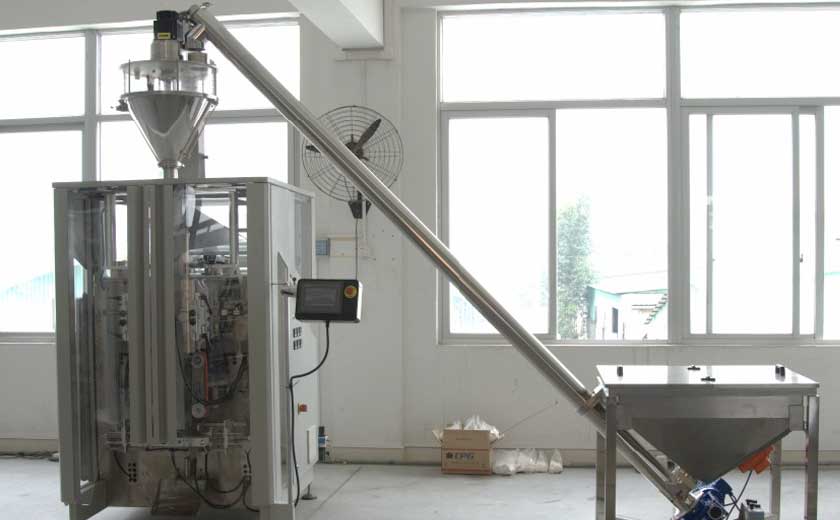Ensuring Consistent Weighing with Your Packaging Machine
Weighing is a critical step in packaging, as it ensures that the correct amount of product is being dispensed into each package. Inconsistent weighing can lead to product waste, customer dissatisfaction, and even legal issues. To avoid these problems, it is important to ensure that your packaging machine is calibrated and maintained properly.
Calibration
Calibration is the process of verifying and adjusting the accuracy of a weighing scale. Packaging machines should be calibrated regularly, especially if they are used for weighing high-value products. Calibration should be performed by a qualified technician using calibrated weights.
To calibrate a packaging machine, the technician will first zero the scale. Then, they will place a known weight on the scale and compare the scale’s reading to the known weight. If the scale’s reading is not within the acceptable tolerance, the technician will adjust the scale until it is accurate.
Maintenance
In addition to calibration, packaging machines also need to be maintained properly to ensure consistent weighing. This includes cleaning the scale and its components, inspecting the scale for wear and tear, and lubricating the moving parts.
Cleaning the scale is important to remove any dirt or debris that could interfere with the weighing process. The scale should be cleaned regularly, especially if it is used for weighing dusty or sticky products.
Inspecting the scale for wear and tear is also important to identify any problems that could affect the scale’s accuracy. The scale should be inspected regularly, and any worn or damaged parts should be replaced.
Lubricating the moving parts of the scale is important to reduce friction and wear. The scale should be lubricated regularly, according to the manufacturer’s instructions.
Other Factors
In addition to calibration and maintenance, there are a number of other factors that can affect the accuracy of a packaging machine. These factors include:
– The type of product being weighed
– The weight of the product
– The speed of the packaging machine
– The temperature of the environment
The type of product being weighed can affect the accuracy of the scale. For example, products that are dusty or sticky can be more difficult to weigh accurately than products that are smooth and dry.
The weight of the product can also affect the accuracy of the scale. Scales that are designed to weigh small products may not be accurate when weighing large products.
The speed of the packaging machine can also affect the accuracy of the scale. If the packaging machine is running too fast, the scale may not have enough time to settle before taking a reading.
The temperature of the environment can also affect the accuracy of the scale. Scales that are used in cold environments may not be as accurate as scales that are used in warm environments.
By following these tips, you can ensure that your packaging machine is weighing products accurately and consistently. This will help you to avoid product waste, customer dissatisfaction, and legal issues.
-
Overview of Packaging Machine Buying Guides
08-01-2024 -
How Does a Vertical Form Fill Seal Machine Work?
30-10-2023 -
Advancements in Auger Powder Filling Technology
27-10-2023 -
A Deep Dive into Automatic Packaging Machines
26-10-2023 -
The Revolutionary Fully Automatic Potato Chips Packaging Machine
20-09-2023 -
How to choose the right packaging machine?
23-08-2023 -
Reducing Waste And Maximizing Yield With Multihead Weigher Machines
15-03-2023 -
Nuts Packaging Machine for Dry Products Perservation
26-11-2022 -
Is Automated Biscuit Packaging Machine Better Than Manual Opeartion?
25-11-2022













